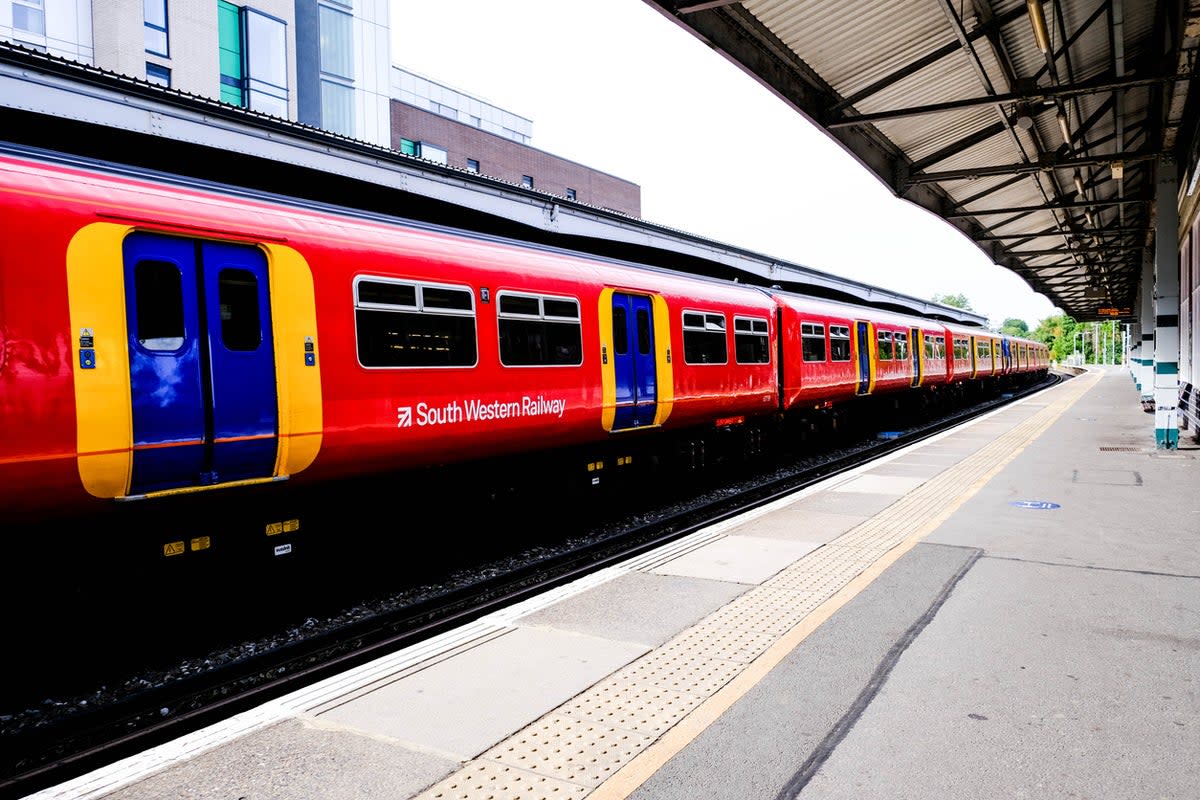Over 1.4m South West Trains passengers could be eligible for £100 compensation

Train passengers who can prove they held a valid London Travelcard between 2015 and 2017 could be entitled to up to £100 each in a multi-million-pound settlement with Stagecoach South West Trains (SSWT).
More than 1.4 million commuters who travelled on mainline trains towards Waterloo were overcharged for tickets by former network operators SSWT during the two years.
A lawsuit alleged that customers with London Travelcards were not offered cheaper ‘boundary fare’ tickets when travelling inside London’s fare zones.
These tickets were not advertised on automated ticket terminals in stations and this meant Travelcard holding rail passengers effectively paid twice to travel within the capital and on to destinations outside the zones.
In the UK’s largest class action payout in history, Stagecoach South Western Trains has settled the legal case for £25 million to compensate overcharged customers.
According to the solicitor representing passengers Justin Gutmann, those eligible will be able to seek up to £100 each for qualifying journeys made after 1 October 2015.
A spokesperson for Woodsford Litigation Funding, who brought the claims against SSWT, said: “This is the largest settlement in the history of the collective proceedings regime in the UK.”
“Now that the settlement has been approved by the Competition Appeal Tribunal, a scheme will be set up to allow class members to submit a claim for redress.”
A The Boundary Fares Claims website will help possible claimants register for updates on the progress of the rebates. The official six-month claim period for passengers will start on 10 July and close on 10 January 2025.
The SSWT did not admit to any legal liability for wrongdoing in the settlement.
A Stagecoach Group spokesperson said: “We are pleased that the Competition Appeal Tribunal has approved the collective settlement that we have agreed with the claimant in this long-running case related to historic matters.”

